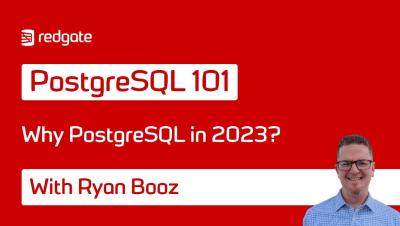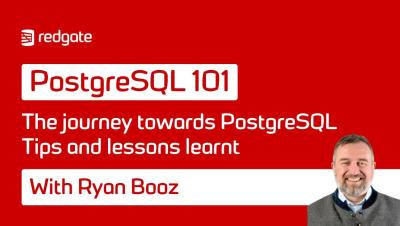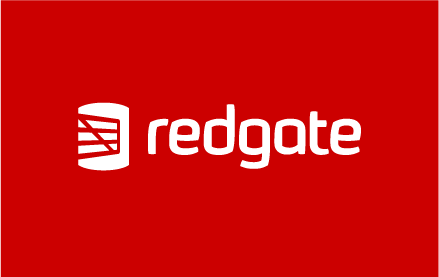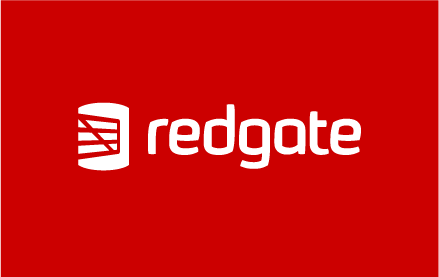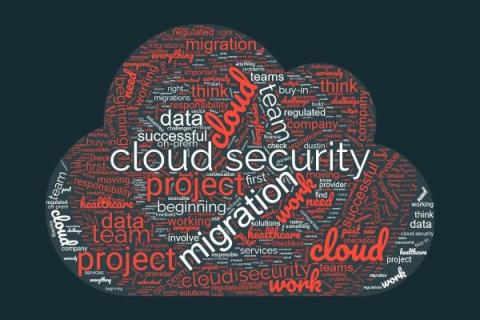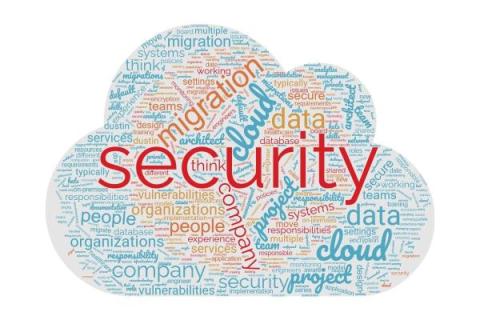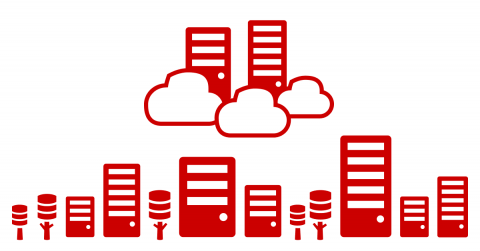Why PostgreSQL in 2023 | PostgreSQL 101
PostgreSQL has risen to be the dominant choice for new projects and cost-saving migrations in an increasingly cloud-first, price-conscious world. Join Ryan Booz, PostgreSQL Advocate at Redgate, in the first of a series of PostgreSQL 101 webinars as he talks through the the history of PostgreSQL, the different PostgreSQL variants and the reasons behind the increasing popularity of PostgreSQL.


